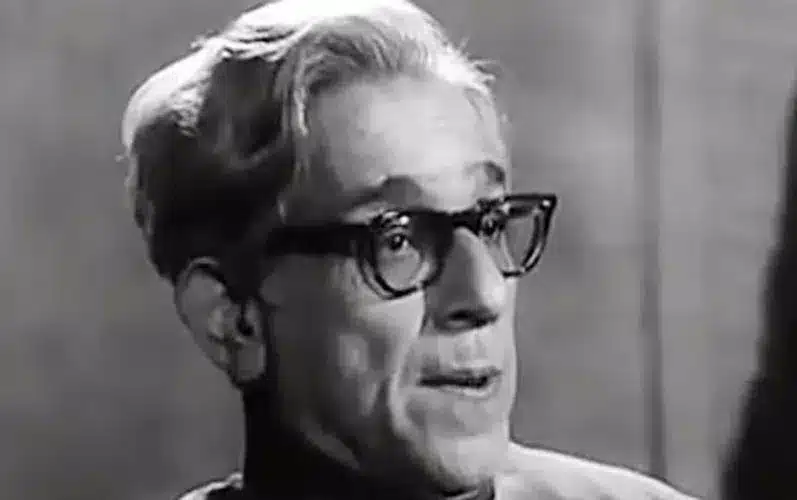Harindranath Chattopadhyay, an Indian poet

Harindranath Chattopadhyay (2 April 1898 – 23 June 1990) was an Indian English poet, dramatist, actor, and musician.
Early Life
Harindranath Chattopadhyay was born on 2 April 1898, in Hyderabad, India. His father was the first principle of Hyderabad College, which later became Nizam’s College, and his mother was a poet and used to write poetry in Bengali.
He married Kamaladevi Chattopadhyaya, a social reformer and freedom fighter. She founded the All-India Women’s Conference, the Indian Cooperative Union, and the All-Indian Handicrafts Board, a body that revived many Indian handicrafts.
Before he moved to London, he had published poetry and written plays in India, and his sister friends helped him to settle in London. His first accommodation was in Gower Street, and he sent his poems to Cambridge to get into the school as a research scholar. He got into Fitzwilliam Hall and began his research on William Blake and the Sufis. The poems that he wrote while studying in Britain appeared in the Indian Magazine (Journal of the National Indian Association) and Britain and India (Journal of the theosophical Britain and India Association). He had a conversation with Laurence Binyon about publishing more poetry in London.
career
He often voiced his poem Rail Gaadi on All India Radio (Akashavani). In the film Aashirwad, Ashok Kumar sang this song. A few of his songs included Surya Ast Ho Gaya and Tarun Arun Se Ranjit Dharani, which he wrote, composed, and sang. Also, he wrote a bunch of Hindi poems for kids. Rabindranath Tagore admired his poetry.
In 1972, he got his biggest break in the Hindi film Bawarchi, which was adapted from the Bengali movie Galpo Holeo Satti, directed by Tapan Sinha. He appeared in three Satyajit Ray movies inculding, Goopi Gyne Bagha Byne, Sonar Kella, and Seemabaddha.
Poems written by him, including The Feast of Youth (1918), The Magic Tree (1922), Ancient Wings (1923), Blood of Stones (1944), Spring in Winter (1955), Virgin and Vineyards (1967), The Lady’s giant hat, Salute to R-day, Tati Tati Tota (in Hindi), Voyage, Things I Love (in English), and “Curious Town “(In English).
Some of his plays are, Abu Hassan (1918), Five Plays (1937), Siddhartha, Man of Peace (1956).
Political Career
He won the 1951 Lok Sabha elections as an independent candidate from Vijayawada Lok Sabha constituency in Madras, assisted by the Communist Party of India. Between 14 April 1952 and 4 April 1957, he was a member of the 1st Lok Sabha.
Award
In 1973, he was awarded the Padma Bhushan, India’s third highest civilian award.
Death
He died on 23 June 1990, in Maharashtra, India.
Read More; 2 April in Indian and World History
Observer Voice is the one stop site for National, International news, Sports, Editor’s Choice, Art/culture contents, Quotes and much more. We also cover historical contents. Historical contents includes World History, Indian History, and what happened today. The website also covers Entertainment across the India and World.
Follow Us on Twitter, Instagram, Facebook, & LinkedIn

